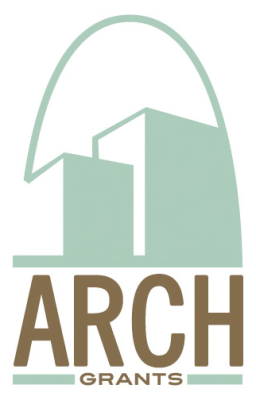Entrepreneurs and small businesses are integral to the engine of job creation. According to the White House, companies less than five years old created 44 million jobs over the last three decades in the U.S. and what’s more, accounted for all net new jobs created over that time. In a struggling economy, the incubators and accelerators that help grow startups and SMBs, giving them access to the network and capital they need to grow, are essential to job creation and building a healthy economy.
Accelerators have been popping up around the U.S. (and the world) in the past year, and the big incubation houses (like TechStars, Y Combinator, 500 Startups, etc.) continue to grow. Yet, these generators can (and should) have the most influence not in big cities/markets like New York, San Francisco, and Boston, but in places where unemployment is high and economies are stagnating.
Cities like Detroit are depressed, but they are doing everything they can to encourage innovation and fuel business development. Another is St. Louis. St. Louis has a rich big-company history, and has at various times been home to the headquarters of a slew of Fortune 500 companies. Anheuser-Busch still makes its home there. Yet, while headquarters may live there, the production likely happens elsewhere.
The city wants to fight stalling unemployment by building an innovation-focused ecosystem, which is why Arch Grants was born and launched last month. Arch Grants is a non-profit organization led and supported by a band of lawyers, investors, real estate managers, entrepreneurs, civic leaders, and more, that wants to create a more robust startup culture and infrastructure in St. Louis. The company wants to turn the city into a place where entrepreneurs want to go to grow their businesses.
Arch is starting with a business plan competition that selects the most promising startups, giving them $50K in grants to turn their ideas into reality. Typically, accelerators offering venture capital take equity stakes in the startups they choose, but Arch Grants offers non-dilutive capital — they are, as one would expect, grants and therefore don’t require founders to cough up any equity in exchange for the capital.
After receiving the initial $50K grant, startups then go on to compete for a second round of up to $100K in funding, along with access to angel investors. Arch Grants President Jerry Schlichter, a trial lawyer, says that the program will be selecting at least 12 companies per year, and plans to run the program for at least three years.
Generally speaking, it’s tough for non-profit organizations that dish out growth capital to for-profit companies to receive approval from the government, but the IRS makes exceptions in areas of high unemployment, and Schlichter says that they were surprised by how quickly Arch Grants was able to be approved.
To that point, Arch Grants isn’t a business accelerator, but they want to, for all intents and purposes, operate like one — or at least create the same opportunities for their startups. The organization has tapped five local universities, business mentoring organizations, experts, investors, and a host of other support organizations to offer resources and assistance to its founders.
Its affiliates can also hook up startups with affordable apartments and office space, business networking and mentoring, free legal and accounting services, and collaboration with local universities, etc.
While Arch Grants has a model that may be slightly unusual for startups and entrepreneurs used to the Y Combinator approach, Schlichter and others believe that the real hook for entrepreneurs can be that they would be part of something broader than their own goals, helping to put a city back to work. “These startups are going to get a deep level of support here, because this is something that is really important to the entire city,” he says, “because it has greater implications and importance than it does for Silicon Valley.”
To assist it in its endeavors, Arch Grants today announced that it has secured a $150K donation from Peabody Energy (the largest private-sector coal company in the world). This donation brings the organization’s total funding to $2.5 million, which has been contributed by a mix of individual and corporate donors.
Another feather in the cap for Arch Grants? It’s also officially announcing today that Square Co-founder Jim McKelvey (who along with co-founder Jack Dorsey is a St. Louis native) will head the organization’s advisory board. This means that, among other things, McKelvey will help lead strategy for the business plan competition and selection of grant recipients as well as advising the selected startups and founders.
Again, while tech companies will be the program’s focus, all entrepreneurs are encouraged to apply. Arch Grants is currently accepting applications through its proposed deadline of March 9th. Those interested in applying can do so here.
And young entrepreneurs looking for another cool pitch competition and resource/hub for entrepreneurs, should check out Intel Innovators. More here.
